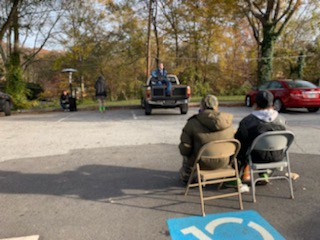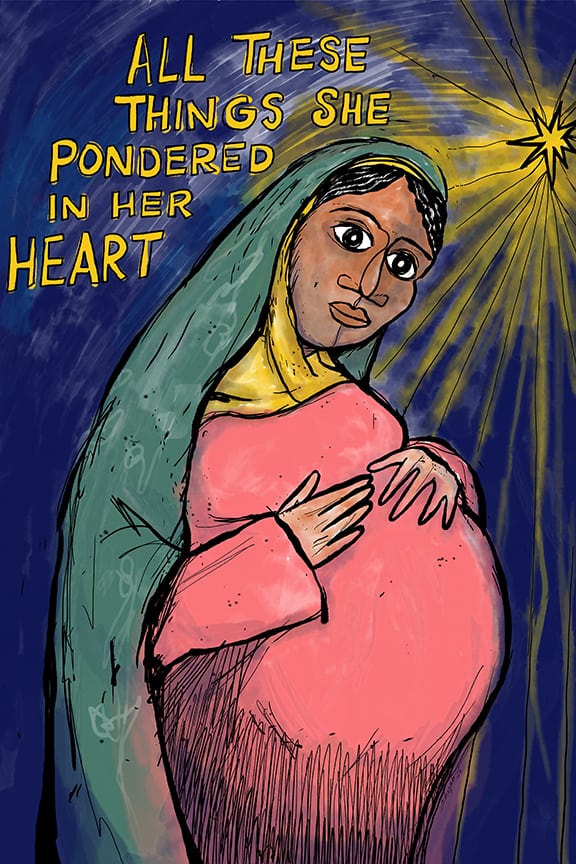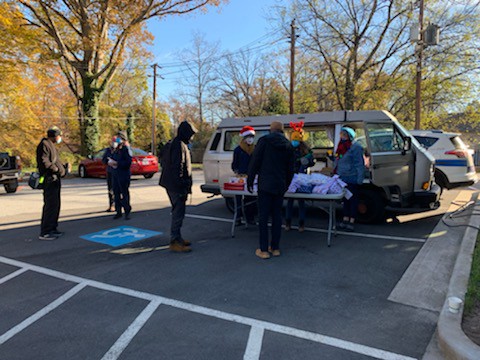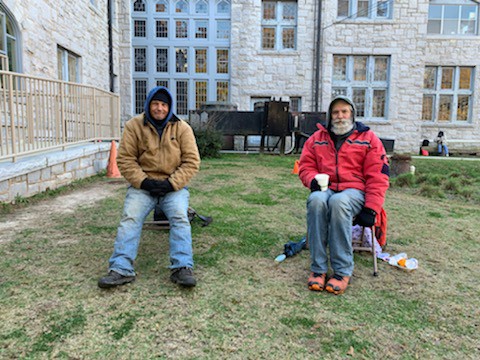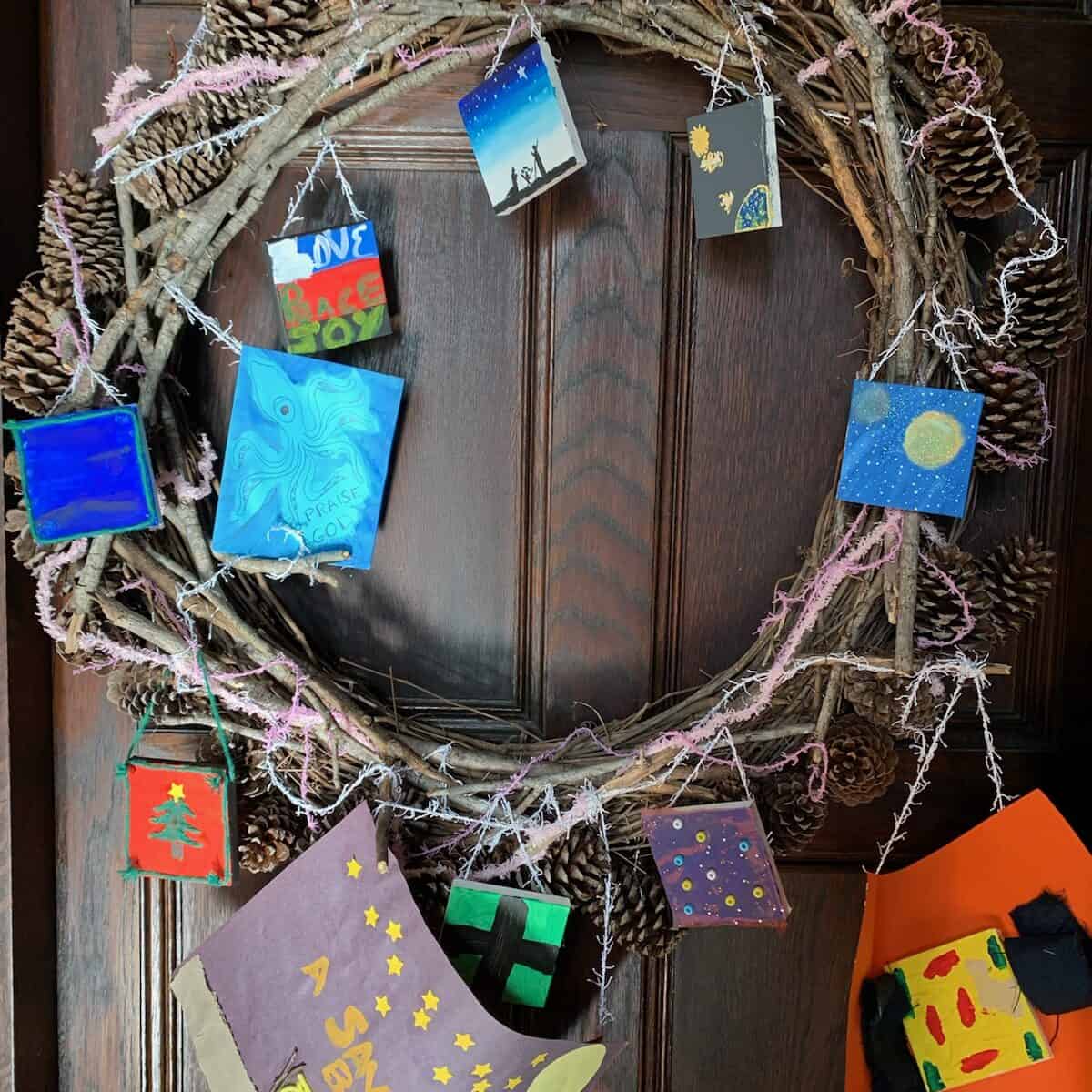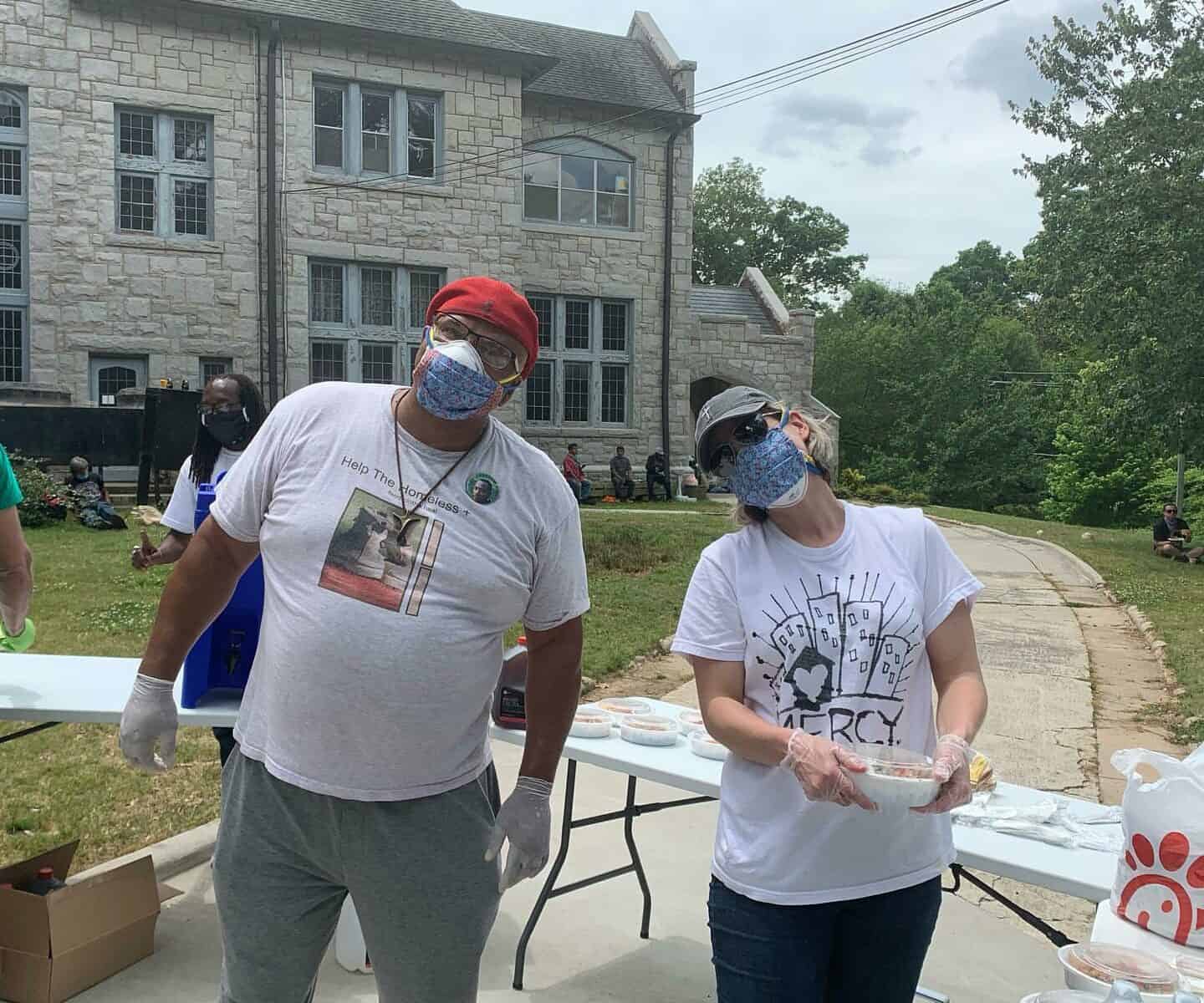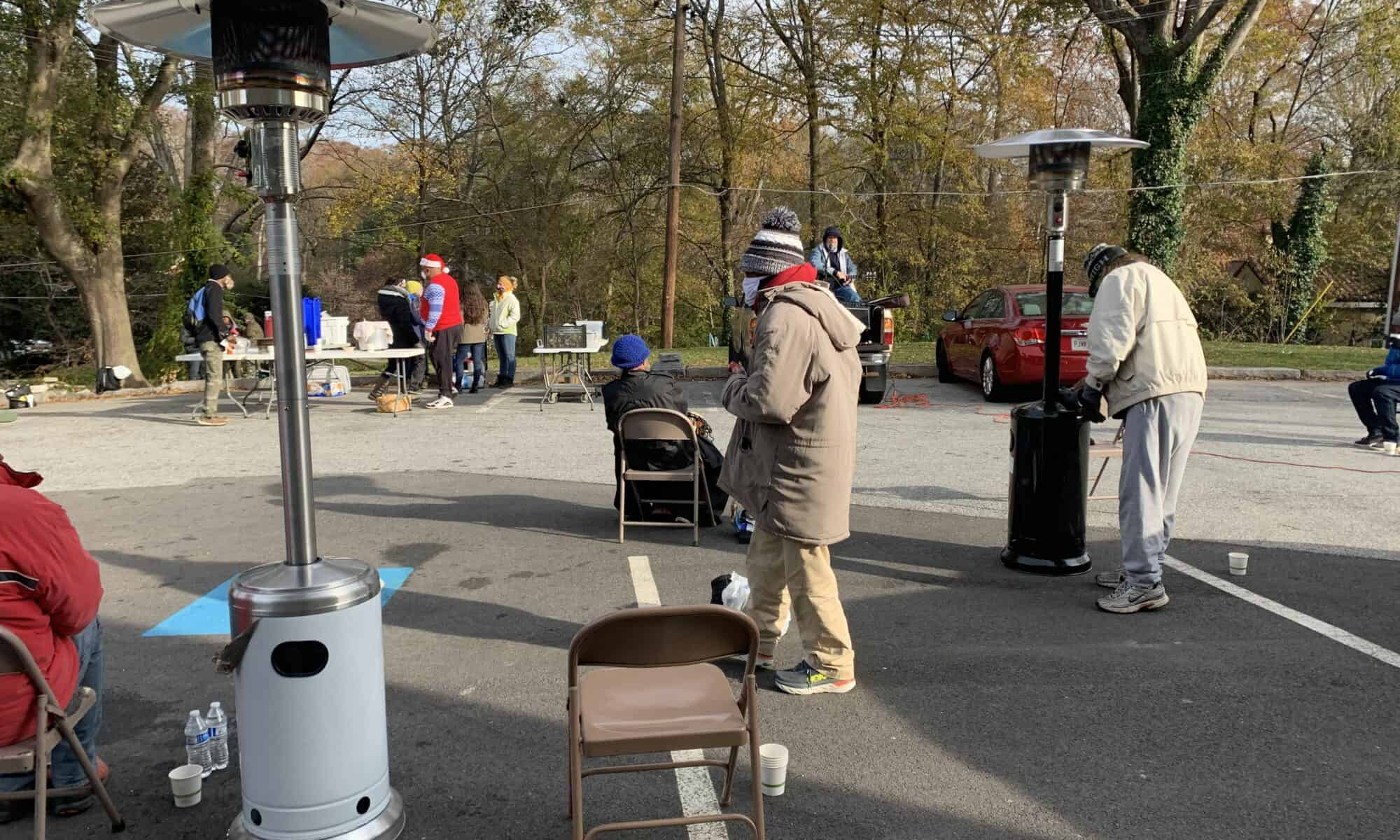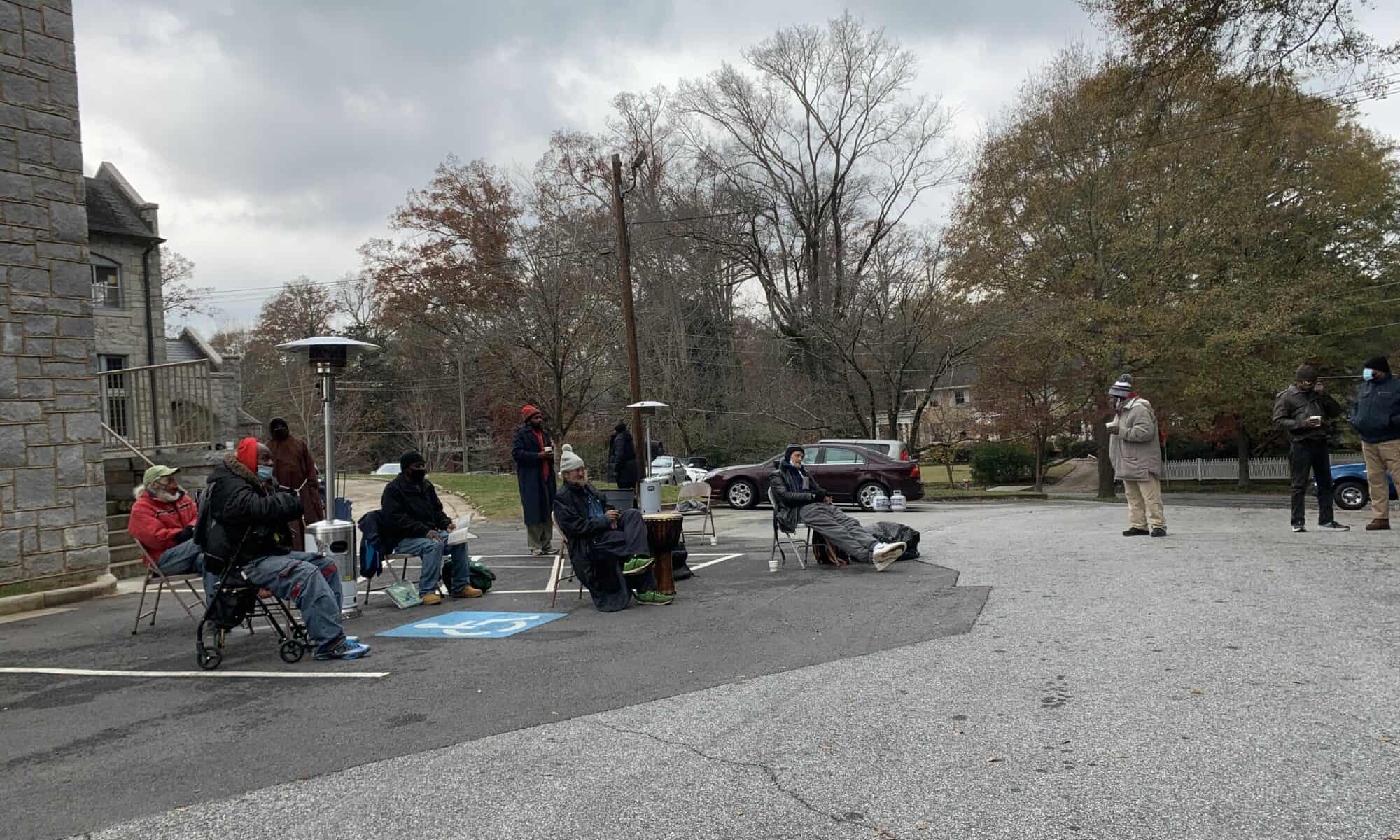Author: Brittany Fiscus-van Rossum
John 1:1-18
Reflection: v. 5, ‘a light shines in the darkness, and the darkness did not overcome it’
Though liturgically Christmas has its twelve-day season, for many of us, today just feels like ‘the day after Christmas.’ For some of us the holiday season has always been difficult—it can remind us of strained family relationships, missing loved ones, or better years long past. For others of us this year in particular probably hasn’t lived up to our expectations and the holidays have likely felt the same. What small glimmer of nostalgia or tradition we were able to capture from a family Zoom dinner or the promise of ‘next year will be better’ quickly fades today as we sit with the obvious pangs of disappointment. Maybe your existential dread, like mine, strikes deeper to the core this year. My own small sadnesses seem trivial when I think of the thousands of people who have lost someone beloved to Covid-19 this year, when I think of the loved ones of Ahmaud Arbery, Breonna Taylor, George Floyd and so many others, mourning their unjust and unnecessary deaths, or when I think of the families torn apart at our borders without power or promise of reuniting. Without the numbing distractions of holiday social events and ready excuses to make Target trips for unnecessary last-minute gifts, I am left only with the stark reality that the warm-fuzzies of Christmas mornings past did not save us from ourselves. I am left with the dread of the world I help to create and yet feel powerless to change—what chance does my small and flickering Christian hope have of combating the deep gloomy night of this season? My flame remains small, but I will not relinquish it just yet, even now as the dawn stretches far away. For what hope was a small baby boy born to a poor and homeless refugee family all those many years ago? I have to keep hoping that as this Scripture promises us, in all eternity, God chooses to be with us and cares about our well-being. And whatever evil looms—love and mercy and justice and hope will not be overcome.
Prayer Strengthen our flickering hope, O Lord, that we may see your love and justice in the world.

